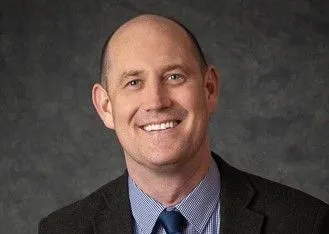Robert Fischer writes about sustainable development, focusing on technology, economic growth, and policies that build resilient and equitable communities worldwide. Most recently, Robert served as a Public Diplomacy Associate for the U.S. Department of State at the U.S. Embassy in Port Louis, Mauritius, where among other things he reported on human rights, digital authoritarianism, and smart cities in East Africa. Prior, Robert spent nearly a decade working as a policy, technology, and communications advisor at Mandli Communications Inc. Mandli works with national, international, and regional authorities to advance smart city standards, policies, and best practices. Robert holds a master’s degree in urban and regional planning from the University of Wisconsin in Madison and a master’s in software engineering from Cal State Fullerton.
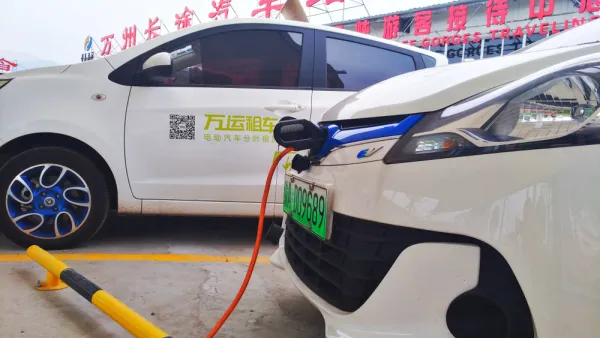
Overcoming the High Carbon Debt of Electric Vehicle Production
Though studies show that over their lifetime EVs produce fewer emissions than gas guzzlers, EVs generate considerably more CO2 than a gas car on the assembly line, making renewably sourced energy a key factor for an EV to break even with a gas car.
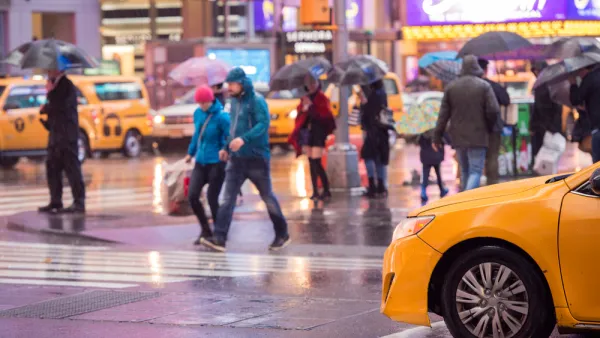
How Cities Can Digitize Their 21st Century Mobility Policies
As we enter the digital age of transportation, cities are finding new ways to digitize their policies.

Digital Transportation: The Future of Urban Mobility
The physical scale and unprecedented population growth in some cities have officials grappling with how to manage their transportation network. The Open Mobility Foundation has a bold, digitally-based vision to help cities meet their mobility goals.
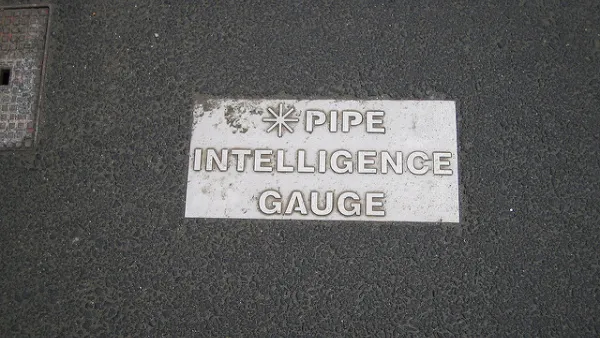
U.S. Falling Behind in Smart City Deployments and Key 21st Century Infrastructure
Recent reporting shows the U.S. falling behind its neighbors in both smart city deployments and 5G network rollouts—the latter of which is slated to be the connective tissue of these future cities. The news has some experts on edge.
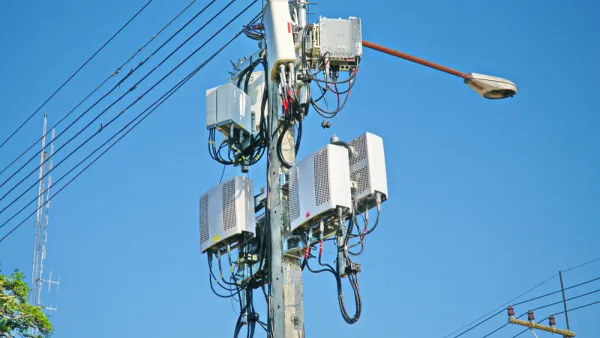
The Best Kept—and Dirtiest—Secret About 5G
The infrastructure required to support 5G is going to be massive, and while improvements in throughput sound great, one of the best kept – and dirtiest – secrets about 5G is the energy consumption required to support the network.

























